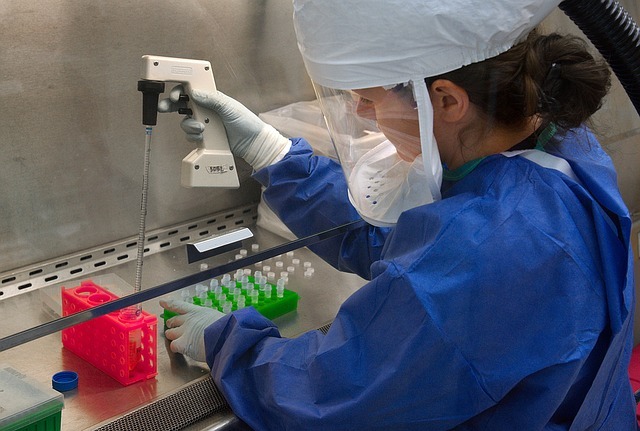Public health is a science involved in protecting the health and safety of people and improving the communities they live, work, learn and play in through education, policy and research. While doctors treat diseases and illnesses, public health professionals strive to prevent people from getting ill or injured by promoting wellness protecting populations. They do this through researching injury and disease prevention, promoting healthy lifestyles, and preventing, detecting, and responding to infectious diseases.
Why Is Public Health Important?
Public health professionals, such as MPH (masters in public health), strive to prevent disease and health-related problems from happening or recurring. They accomplish this by conducting research, implementing educational programs, administering health-related services, and recommending policies. This is in contrast to clinical health professionals such as doctors and nurses, whose focus is primarily on treating illnesses individuals.
In addition, public health works to limit different kinds of health disparities. Typically, public health largely involves promoting health care quality, equity, and accessibility.
Where Can a Graduate in Public Health Work?
First, you need effective training in public health to be a professional. If you already have a degree, you can go for a master’s, such as an online masters of public health, for further qualification. Typically, a profession in public health can land you in:
- A government agency, like the Centers for Disease Control and Prevention (CDC), OSHA (occupational safety and health administration), the National Institutes of Health (NIH), EPA (environmental protection agency), or Food and Drug Administration (FDA), among others.
- Local or state health departments
- Non-profit organizations, such as the St.Johns Ambulance, American Red Cross, Allies for Health + Wellbeing, or Planned Parenthood.
- Hospitals and other health care organizations
- Private companies, such as pharmaceuticals and health insurers
- Training institutions, colleges, and universities, such as being an educator at a university’s school of public health
- Research field
What Public Health Professionals Do
The level of engagement in public health differs with the level of the profession. Someone with a degree in public health works differently from an individual with a master’s in public health. Generally, as a trained public health professional, you can perform one or more of the following essential services:
- Monitor a community’s health status to identify potential health and injury problems
- Investigate and diagnose health hazards and problems in the village community
- Educate, inform, and empower a population about current and impending health issues
- Mobilize community partnerships that can help identify and propose solutions to health problems
- Develop policies and plans that support individual and community health efforts
- Link individuals and communities to needed health services (shared and personal) and facilitate health care if otherwise unavailable.
- Propose policies and enforce regulations and laws that protect the health and safety of a community
- Facilitate and evaluate effectiveness, quality, and accessibility of population-based and personal health services
- Conduct research and education on new insights and provide innovative solutions to different health problems and injuries
Endnote
Public health is an important section of the health sector and a driver of community health and safety. The U.S. public health field is currently experiencing a shortage of professionals, workers, and researchers. As the population grows. This field needs more workforce to prevent, identify, and treat new and emerging health threats (such as the COVID-19) and research, design prevention, and management policies.
Image by Welcome to all and thank you for your visit ! ツ from Pixabay
Any Web sites linked from Medical News Bulletin site are created by organizations outside of Medical News Bulletin and are the sole responsibility of those organizations. These links are strictly provided by Medical News Bulletin as a convenience to you for additional information only. Medical News Bulletin does not approve or endorse the content on any third-party Web sites and is not responsible for the content of linked third-party sites or third-party advertisements, as well as does not make any representations regarding their content or accuracy. Your use of third-party web sites is at your own risk and subject to the terms and conditions of use as per such sites policies. Medical News Bulletin does not provide specific medical advice, diagnosis or treatment and hereby disclaims any assumption of any of the obligations, claims or liabilities..



